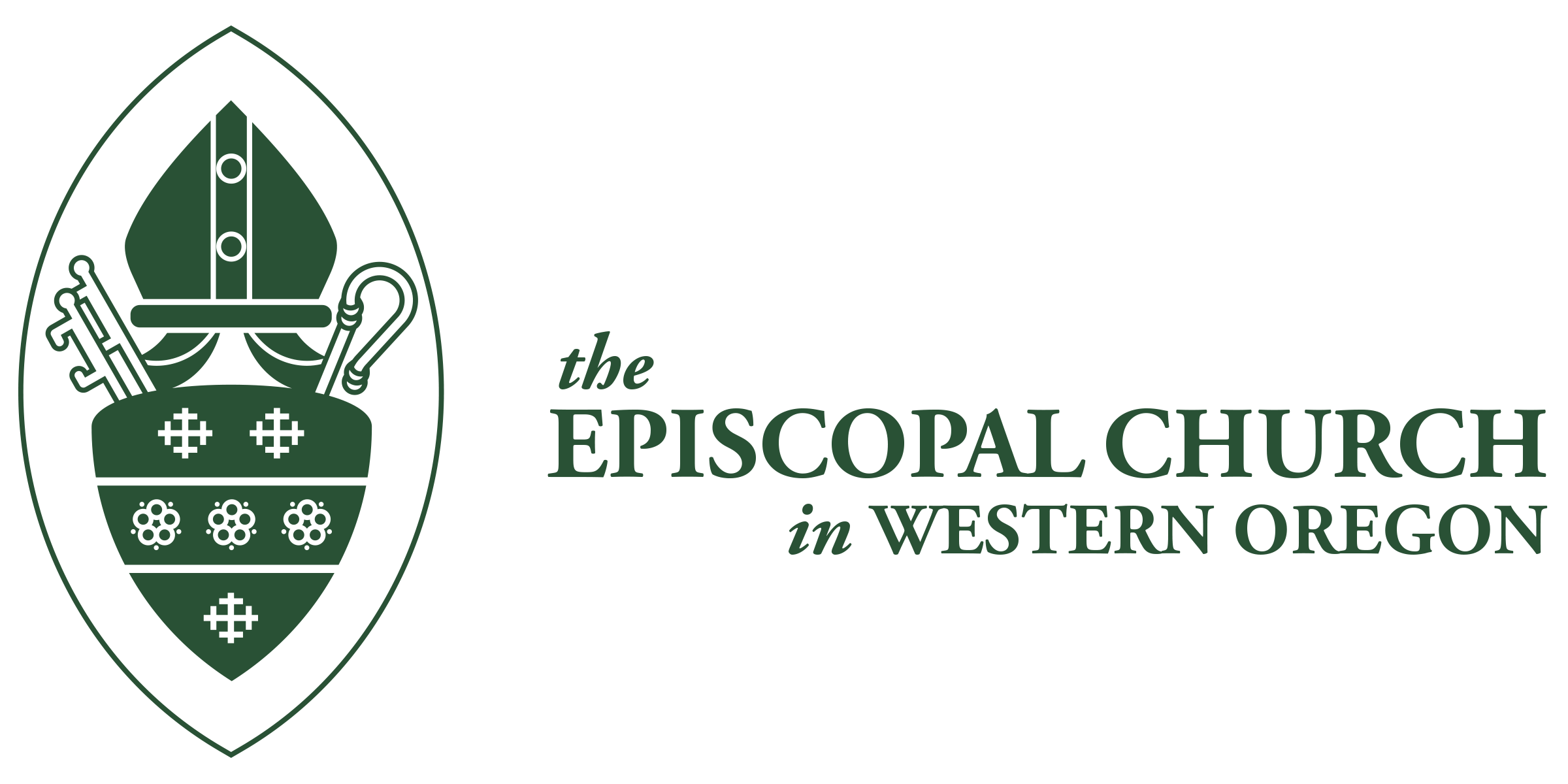
By Denise Skillman, Senior Warden at St. John’s Episcopal Church, Bandon
We live in troubling times, and it is prudent to be cautious with strangers, but it is also our mandate to love and embrace all God’s people; to do what we can to demonstrate the glowing, peaceful presence of Jesus. Recently, I read a church newsletter with this mission statement on the front page: “Nurturing our faith, serving others, welcoming all.” (Brief but comprehensive.) Ironically, inside was a six-page guide on how to escape from or neutralize a violent intruder.
After nearly 20 years in hospitality, I have welcomed all types of people from all over the world to the motel where I work, from the very rich to the very poor, from the humble and grateful to the most obnoxious prima donnas. I have catered to their needs and have been browbeaten and physically attacked for perceived problems far beyond my control and mostly of their own making. So, I am very aware of the risks behind the motto “all are welcome.” (At St. John’s we mean we embrace diversity in all its forms.) It is a remarkable claim — both loving and courageous — because we never know what burdens others, or how our faith and courage will be tested as we try to welcome them.
We hope all people attending services at St. John’s feel both welcome and spiritually uplifted. But people who only see churches as a resource for gas, food, clothing and shelter, have no intention of joining us – just using us. They, too, are welcome, although we are often ill-prepared to meet their material needs. I hope we can change that in 2019.
Assistance-seekers have plenty of churches to choose from in Bandon. There are seven along a five-mile stretch of Highway 101, and seven others (including St. John’s) that occupy residential side streets. We’re not only off the beaten path but tenth in line alphabetically, so it’s surprising they find us. In 2018 a half dozen people stopped by for help (some returnees from prior years); several others called. We referred some to the Bandon Ministerial Association (BMA), which has an assistance procedure and a small fund for people in desperate situations. Whether we aid them or not, and whether they mean to or not, each of them leaves a part of themselves with us and something to pray about.

On the Sunday before Christmas, a visitor wanted to speak to “the pastor,” but got me instead. He was invited to coffee hour and urged to fill his plate, but was gently advised that we do not have access to funds to help him. That wasn’t all he needed; he wanted to talk. I took time to listen. Apparently, after a rock-bottom crisis in his life, he was introduced to Christianity by Bible-thumping preachers and was “scared straight” into becoming a God-fearing man. Everything he said about his pathway to God was foreign and repugnant to me. We sparred verbally for a while, swapping Scriptures, but the god he described – an angry, vengeful, unforgiving god — was nothing like the loving and merciful God I know. It soon became clear that neither of us would persuade the other to change our beliefs.
What did the man gain by his visit? Perhaps just a snack, and a chance to get in out of the cold and share his story. What did I gain? A reminder of the hard life some people lead and a deeper gratitude for the blessings of my life. What did it cost me? Just a little time and compassion.
